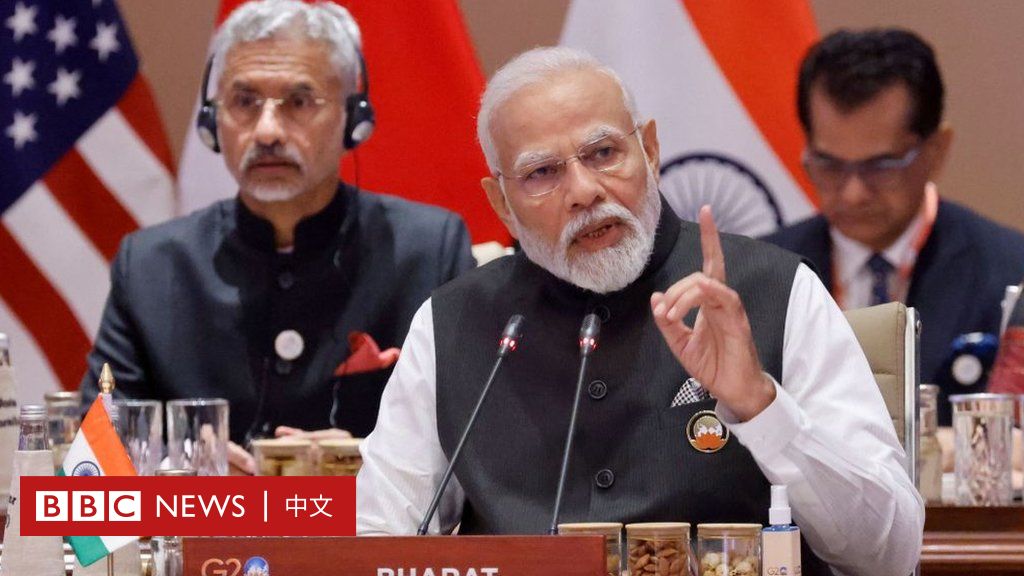G20 Summit Declaration Surprises with Lack of Direct Criticism Towards Russia
The two-day Group of Twenty (G20) summit, which commenced on September 9 in New Delhi, India, has already concluded with a surprising outcome. The summit’s declaration, adopted on the first day, failed to directly criticize Russia for its actions in the war in Ukraine. This comes as a disappointment to the Ukrainian government, which stated that the result was “nothing to be proud of.”
Previous analysts believed that reaching a consensus on the Russia-Ukraine issue would be challenging, given the serious differences between the participating countries. However, Indian Prime Minister Narendra Modi announced that the summit declaration had achieved consensus, surprising the international community.
A draft declaration obtained by the BBC showed that negotiations regarding the war in Ukraine were still ongoing at the last minute, as paragraphs on this topic were left blank. The wording of this year’s declaration is also weaker than last year’s Bali Declaration, which condemned Russia’s aggression in Ukraine. Despite these differences, US National Security Adviser Jake Sullivan called the Delhi joint statement “an important milestone” and a sign of confidence in the G20’s ability to address pressing issues.
The New Delhi declaration did acknowledge that the war in Ukraine undermines global food and energy security and has negative consequences. However, it refrained from using the term “aggression” and instead referred to it as “the war in Ukraine.” This change in wording may make it easier for Russia to endorse the declaration.
Another significant development at the summit was Indian Prime Minister Modi extending a formal invitation to the African Union (AU) to become a member of the G20. This move aims to elevate the voices of African countries and increase India’s influence in Asia and Africa, particularly as it competes with China. The African Union currently has 55 member states, with only South Africa being a member of the G20.
On the issue of climate change, the G20 countries reached a consensus, committing to tripling global renewable energy production capacity through existing goals and policies. The declaration did not oblige countries to give up fossil fuels but emphasized the importance of sustainable development, poverty eradication, equity, and national circumstances in determining the timeframe for reducing greenhouse gas emissions.
During the summit, Indian Prime Minister Modi’s mention of the Sanskrit word “Bharat” in his speech and the use of the nameplate “Bharat” at his desk raised speculation about a potential name change for India. “Bharat” is an ancient Hindu name for India, while “India” has international recognition. The Indian government has been promoting the use of “Bharat” to shed colonial influences and embrace indigenous heritage. However, religious minorities in India have expressed concerns about the government’s intentions to establish a Hindu-centric identity.
Overall, the G20 Summit in New Delhi has resulted in significant developments regarding Ukraine, the inclusion of the African Union, climate change, and potential cultural shifts within India. These outcomes will have far-reaching implications for international relations and domestic policies in the participating countries.
